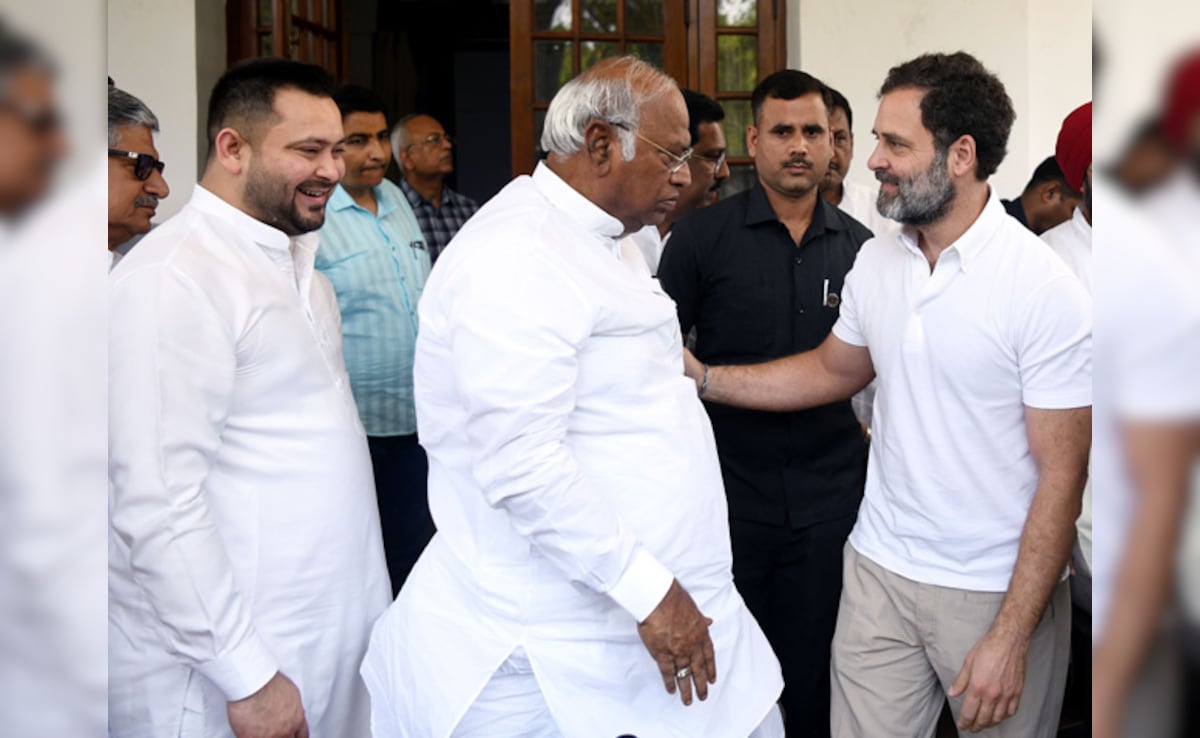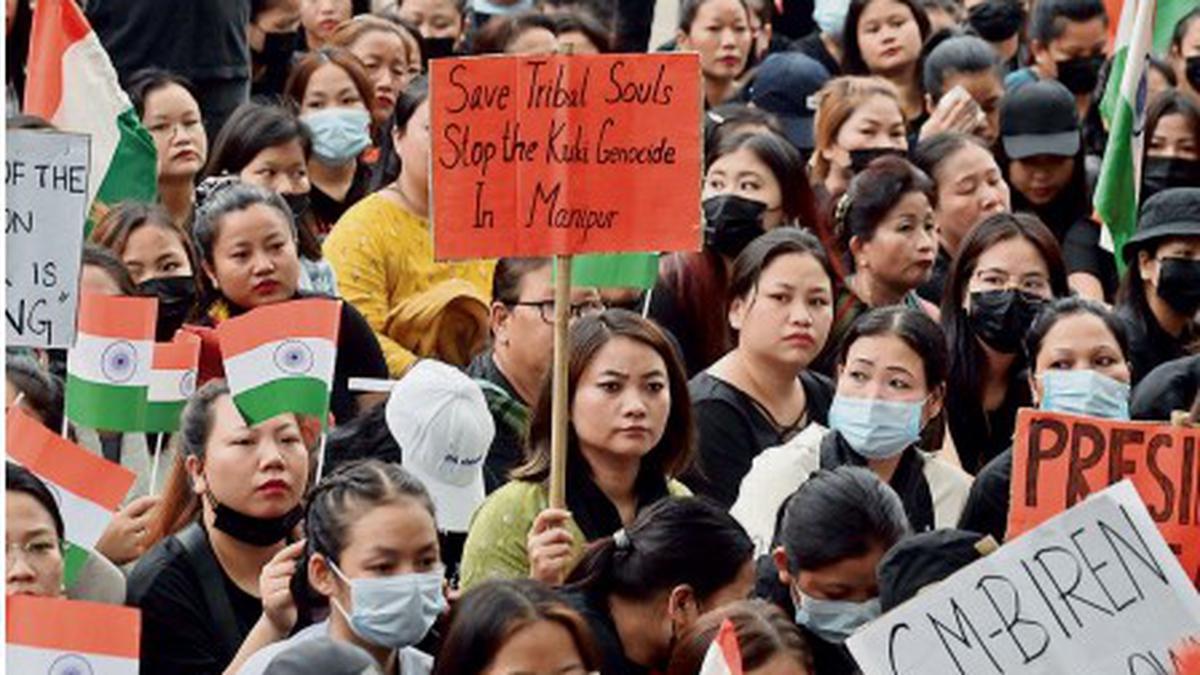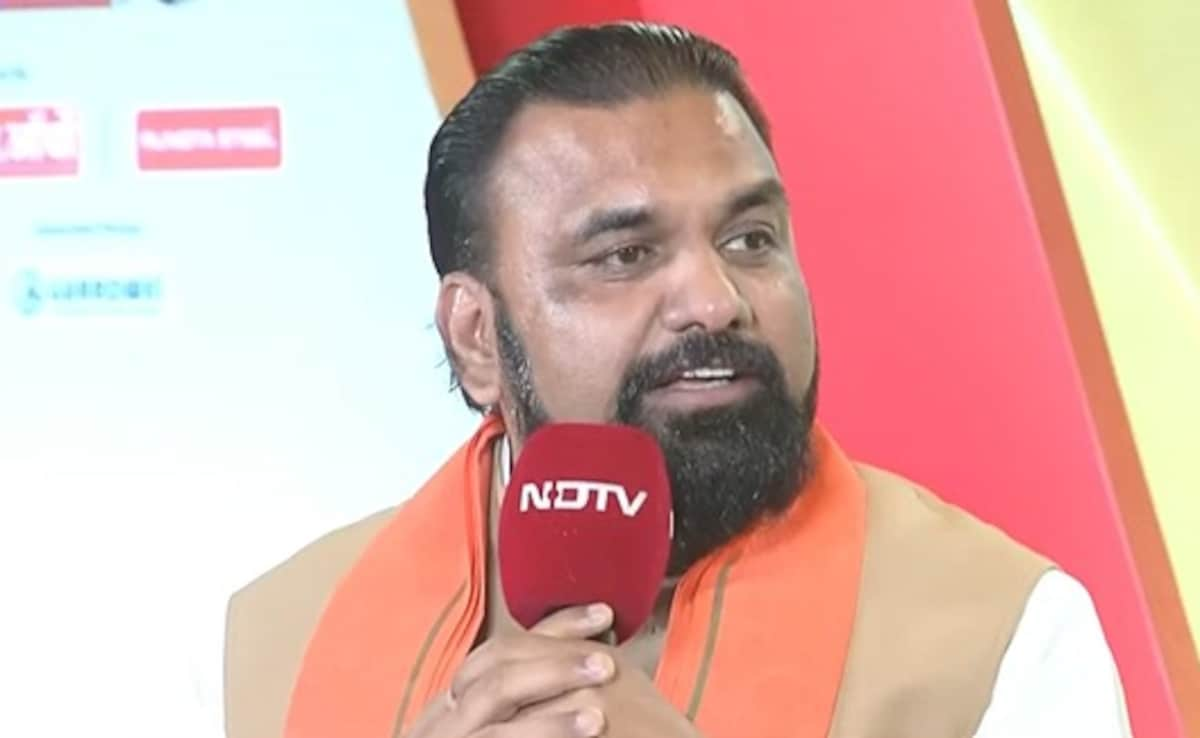The large mandate for the National Democratic Alliance (NDA) in the Bihar Assembly elections, and the Bharatiya Janata Party (BJP) surpassing its 2010 tally of 91 seats, stems from a combination of factors. Key among them are the unified approach of the alliance on its governance record, the cultivation of women as a dependable support base through welfare measures, and a high degree of micro-management by Union Home Minister Amit Shah on issues that could otherwise have derailed the campaign.
Women’s vote
Women in Bihar have been a support base that the NDA under Nitish Kumar has assiduously cultivated since the 2005 victory, through measures ranging from bicycles for schoolgirls to reservations in jobs. The Jeevika network of Self Help Groups and the das hazari, a ₹10,000 entrepreneurship support announced during these polls, further cemented this connection.
In an election that saw a record voter turnout, women outvoted men in over 100 constituencies, playing a crucial role in the 2025 outcome. With high out-migration of men, women often manage both household and external responsibilities, and have remained consistent supporters of a government they view as responsive to their needs.
Aspirational youth
Political newcomer Prashant Kishor is credited with foregrounding issues related to out-migration for employment and opportunities in one of India’s youngest States. By raising these concerns, he appeared to clarify the choice for voters, many of whom considered the NDA best positioned to address such longstanding challenges, given its governance record. This stands both as an endorsement and a challenge for the incoming government, which will be expected to address these matters sooner rather than later.
Micro-management and alliance chemistry
Among the lessons learnt by the NDA, particularly the BJP and the Janata Dal (United), were those from the 2020 elections, when the alliance scraped past the halfway mark after the Lok Janshakti Party (LJP) contested independently, hurting the JD(U) in at least 32 seats.
This time, Union Minister Amit Shah proceeded with caution, holding coordination meetings between LJP and JD(U) workers, who have been traditional rivals on the ground. He also met nearly 100 rebel candidates, persuading many to step down in favour of official alliance nominees.
Even before the campaign began, NDA partners at every level, from the mandal to the State, held coordination meetings to ensure smooth vote transfer. All allies, including the BJP, JD(U), LJP, Hindustan Awaam Morcha, and the Rashtriya Loktantrik Morcha (RLM), won a majority of the seats they contested.
Prime Minister Narendra Modi’s announcement that the NDA would contest under the leadership of Chief Minister Nitish Kumar also put speculation regarding the Chief Ministerial question to rest.

 1 hour ago
5
1 hour ago
5









 English (US) ·
English (US) ·